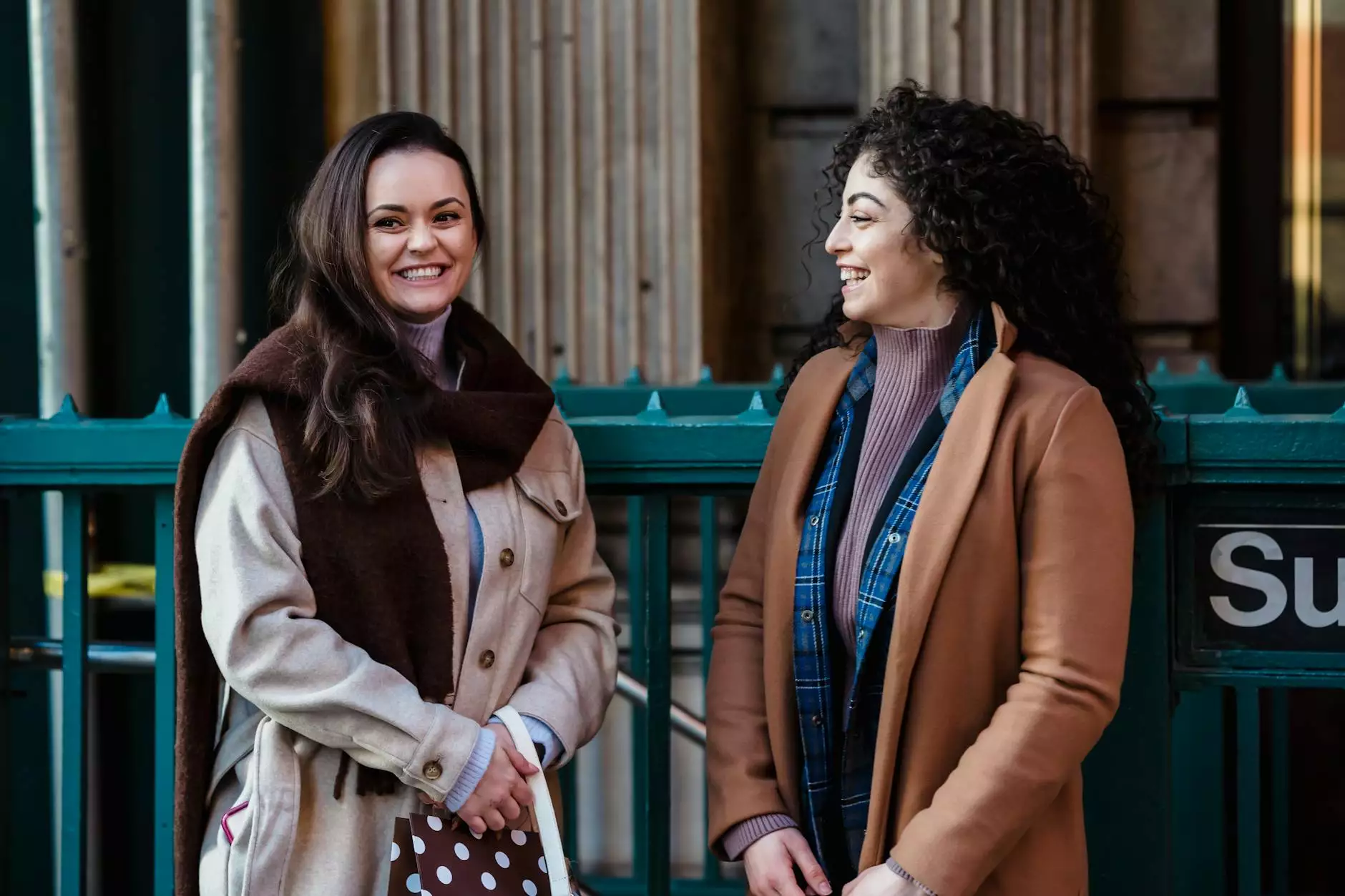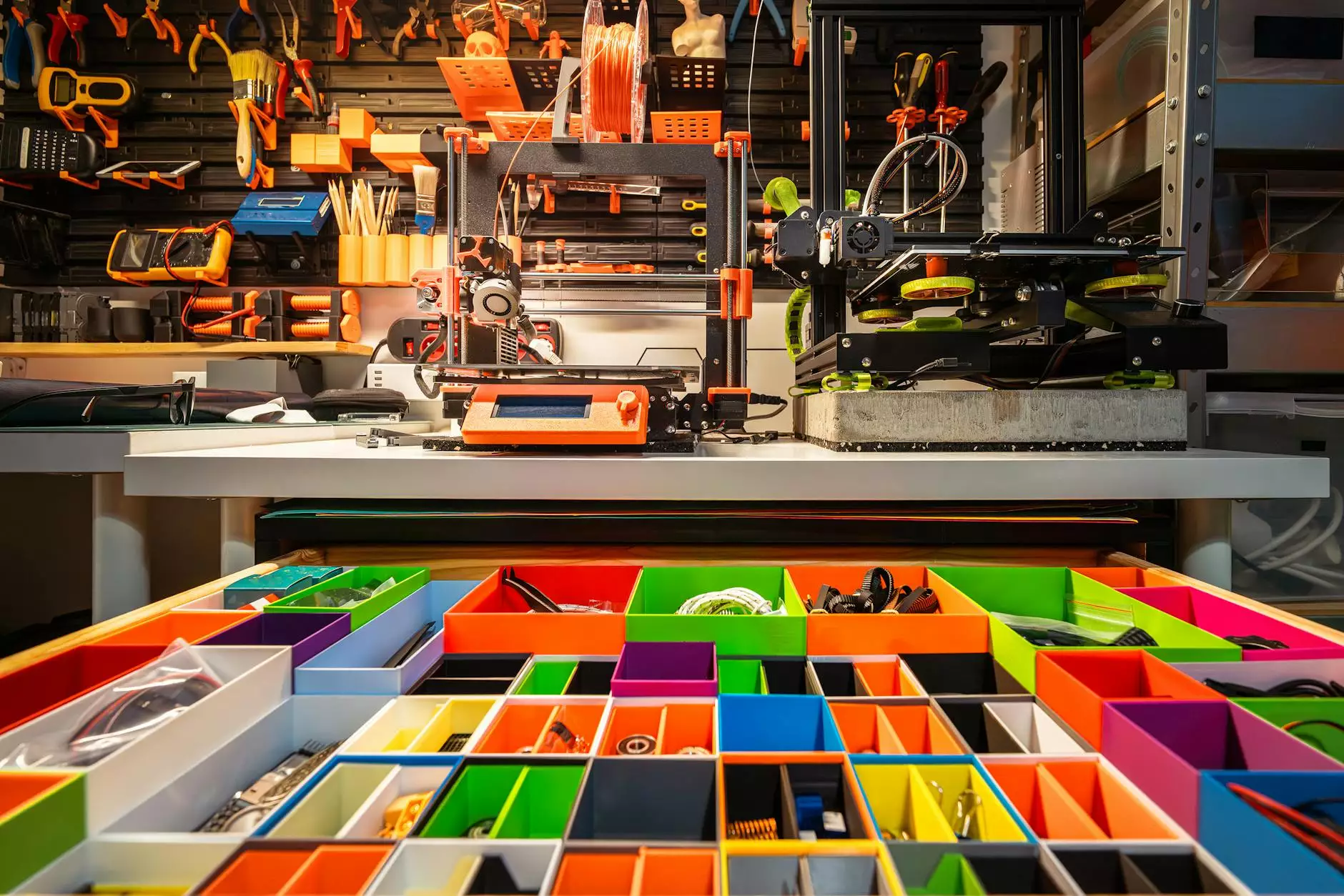The Evolution and Impact of 21st Century Classical Music

21st century classical music represents a vibrant and dynamic arena of artistic expression that reflects today's complexities and innovations. As the boundaries of genre blur, classical music continues to evolve, intertwining with various influences and shaping the cultural landscape of our time. In this comprehensive exploration, we will delve into its evolution, key figures, significant trends, and the relevance of this genre in contemporary society.
The Historical Context of 21st Century Classical Music
The roots of 21st century classical music can be traced back to the late 20th century, a period characterized by remarkable experimentation and the questioning of traditional forms. Composers began to explore unorthodox styles, which laid the groundwork for what would flourish into the new millennium. Understanding this historical context is crucial for appreciating the complexity and diversity of today’s classical music landscape.
The Transition: From Postmodernism to New Directions
As postmodern influences permeated the music scene, composers began rejecting the notion that a definitive style could prevail. This era saw the emergence of pluralism in composition, whereby various styles blended to create inclusive, innovative works. This characteristic has become hallmark of 21st century classical music, embracing eclecticism and breaking the barriers of traditional norms.
Genres and Influences in 21st Century Classical Music
One of the defining elements of 21st century classical music is its rich tapestry of genres and influences. Today, composers are not limited to traditional orchestral forms; rather, they draw inspiration from a myriad of sources, resulting in a unique and evolving musical dialogue.
Minimalism and Beyond
Minimalism thrives in contemporary classical compositions. Pioneers like Steve Reich and Philip Glass laid the groundwork with repetitive structures and gradual transformations that encourage deep listening. Their works continue to inspire, paving the way for newer composers who might blend minimalistic principles with electronic and experimental elements.
Electroacoustic Music: Merging Technology and Tradition
The integration of technology has become a significant trend within 21st century classical music. Electroacoustic music combines traditional instruments with electronic sounds, creating immersive listening experiences. Composers like Kaija Saariaho explore the richness of timbre and texture, showcasing how technology can expand the horizons of classical frameworks.
Notable Composers Shaping the 21st Century
The exploration of 21st century classical music would be incomplete without acknowledging the extraordinary composers who have pushed the boundaries of this genre. Their innovative approaches and unique stylistic trademarks have not only defined the era but have also inspired countless musicians around the globe.
- John Adams - Known for operas such as "Nixon in China," Adams brings political themes to life through compelling musical narratives.
- Osvaldo Golijov - His work reflects a multicultural perspective, weaving together elements of folk music with classical forms.
- Jennifer Higdon - A Pulitzer Prize winner, Higdon’s compositions are praised for their lyrical quality and emotional depth.
- Mark-Anthony Turnage - Turnage’s operatic works demonstrate a bold and often jazz-influenced contemporary classical style.
The Role of Festivals and Performances in Promoting Classical Music
Festivals and live performances play a crucial role in the preservation and promotion of 21st century classical music. These events not only provide a platform for new works but also allow audiences to engage directly with the compositions and their creators. Notable festivals, such as the BBC Proms and the Bang on a Can Marathon, spotlight contemporary composers and encourage the exploration of innovative soundscapes.
Case Study: The Rising Popularity of Contemporary American Composers
In recent years, the rise of contemporary American composers has profoundly impacted the global classical music scene. Their blend of various cultural influences, combined with a commitment to innovation, has resulted in a renaissance of interest in classical compositions. Organizations like American Composers Orchestra and Chamber Music America are pivotal in nurturing these artists, providing them with the resources and support necessary to thrive in today's competitive environment.
Educational Institutions and Their Influence
Education has always played a vital role in the development of music. In the realm of 21st century classical music, this influence is more pronounced than ever. Renowned institutions continuously adapt their curriculums to incorporate contemporary practices, ensuring that upcoming composers and musicians are well-versed in modern techniques and styles.
- Juilliard School - Known for its rigorous programs, Juilliard fosters creativity and innovation among its students, encouraging them to explore diverse musical traditions.
- Curtis Institute of Music - Curtis emphasizes chamber music, providing its students with the opportunity to collaborate and experiment in small ensembles.
- Yale School of Music - Yale’s focus on contemporary music allows students to create original works, often performed by established orchestras.
The Impact of Digital Platforms on 21st Century Classical Music
The digital era has transformed how music is created, distributed, and experienced. Platforms like Spotify, Apple Music, and other streaming services have diversified access to 21st century classical music like never before. These platforms allow listeners to discover emerging composers and enjoy a vast array of works from the comfort of their homes.
Social Media: A New Avenue for Composers
Social media serves as a powerful tool for composers and musicians to connect with audiences globally. By sharing recordings, insights, and behind-the-scenes content, artists cultivate dedicated followings and foster community engagement. This new era of connectivity enhances the visibility of contemporary classical music, broadening its appeal.
Conclusion: The Future of 21st Century Classical Music
As we move forward, the landscape of 21st century classical music will undoubtedly continue to evolve. The infusion of technology, diverse influences, and innovative approaches promises exciting possibilities. The genre stands as a dynamic testament to humanity's creativity and resilience, reflecting our ever-changing world.
In conclusion, the depth and richness of 21st century classical music hold immense potential. By embracing innovation while honoring tradition, this genre will continue to captivate audiences and inspire future generations of musicians. Music is not merely a reflection of time but a dialogue across generations, and classical music remains an integral voice in this conversation.
Explore More on The Sound Stew
For those eager to dive deeper into the realm of classical music, including reviews, articles, and insights on upcoming composers, visit thesoundstew.com to stay updated and connected with the latest in music and video culture.



